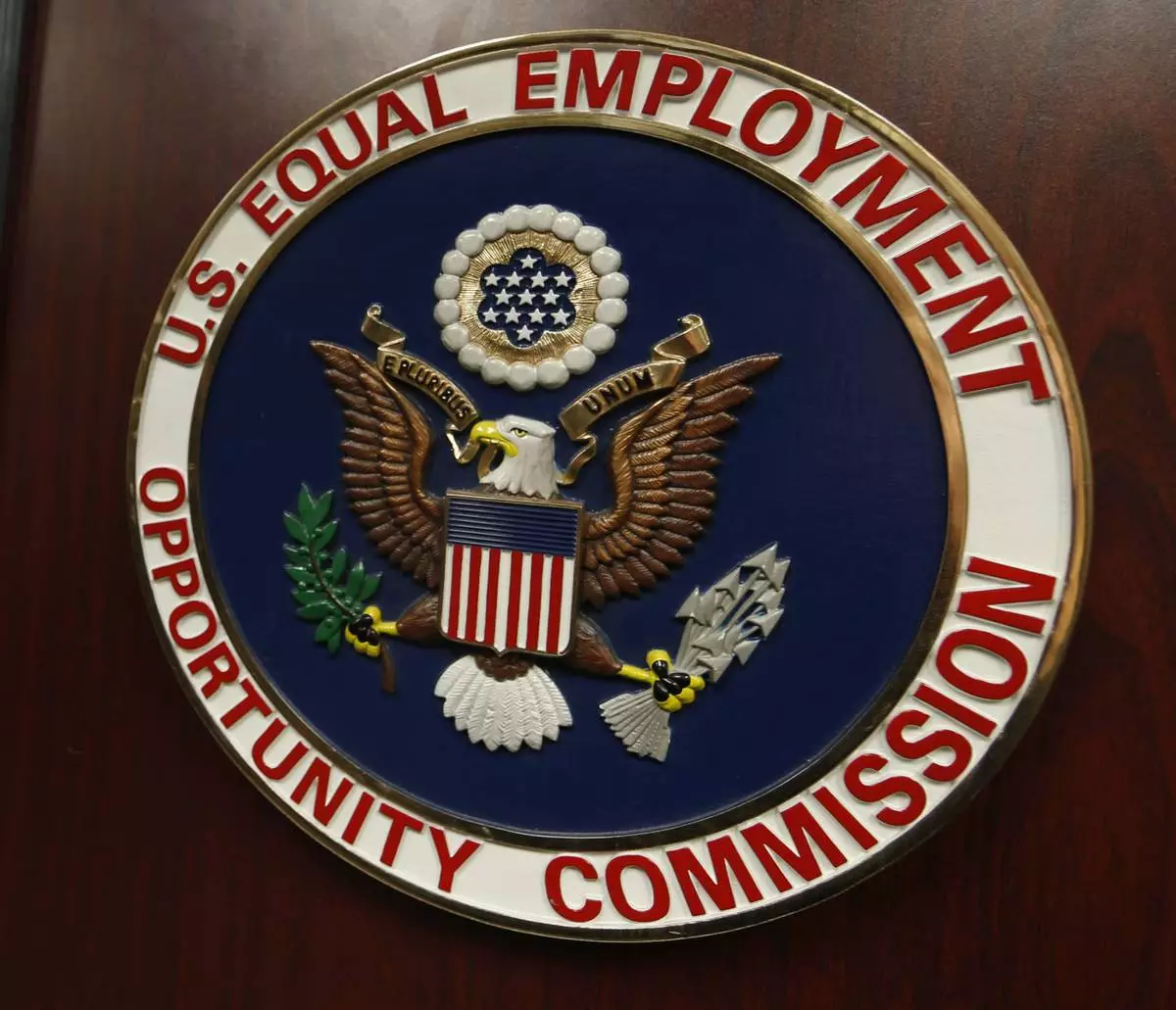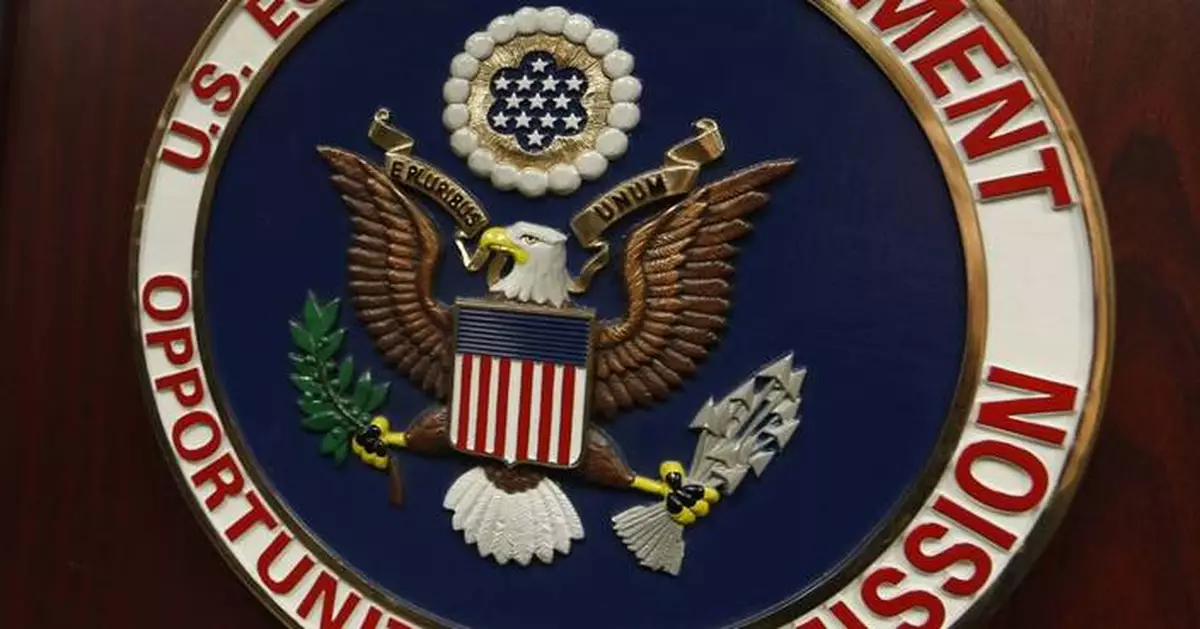Pregnant employees have the right to a wide range of accommodations under new federal regulations for enforcing the Pregnant Workers Fairness Act that supporters say could change workplace culture for millions of people.
The Equal Employment Opportunity Commission, the agency in charge of enforcing the law, adopted an expansive view of conditions related to pregnancy and childbirth in its proposed regulations, including a controversial decision to include abortion, fertility treatment and birth control as medical issues requiring job protections.
The rules, which were adopted on a 3-2 vote along partisan lines, were published Monday and offer extensive guidelines for addressing more routine difficulties of pregnancy, such as morning sickness, back pain and needing to avoid heavy lifting. Labor advocates say the law will be especially transformative for pregnant women in low-wage jobs, who are often denied simple requests like more bathroom breaks.
Here's what to know about the law and the EEOC regulations.
Congress passed the law with bipartisan support in December 2022 following a decade-long campaign by women's rights and labor advocates, who argued that the 1978 Pregnancy Discrimination Act did little to guarantee women would receive the accommodations they might need at work.
The law stated only that pregnant workers should be treated the same as other employees, not that they deserved special consideration. To get their requests met, many pregnant workers therefore needed to demonstrate they had physical limitations covered under the Americans With Disabilities Act, often creating insurmountable hurdles.
The new law treats pregnancy and related conditions as themselves deserving of “reasonable accommodations” and places the burden on employers to prove “undue hardships” for denying any requests.
The law applies to employers of at least 15 workers. The EEOC estimates it will cover roughly 1.5 million pregnant workers in any given year. The EEOC regulations published April 15 are set to go into effect in June.
The EEOC's 400-page document encompasses a wide array of conditions and relevant advice for employers.
It states that workers are entitled to unpaid time off for situations such as prenatal appointments, fertility treatments, abortion, miscarriage, postpartum depression and mastitis, an infection that arises from breastfeeding. This includes workers who are not covered by federal family leave laws and those who have not been on the job long enough to accrue time off.
Workers can ask for flexible working arrangements to deal with morning sickness, such as a later start time, clearance to work from home or permission to carry snacks in workplaces where eating is typically prohibited. If they can't sit or stand for extended periods due to sciatica, which is common in late pregnancy, they can request a schedule adjustment so their commutes happen during less crowded hours.
The regulations also allow workers to be exempted from tasks such as climbing ladders or heavy lifting. If those duties are essential to their jobs, they can still request a temporary dispensation, according to the EEOC.
Employers don’t have to accommodate workers exactly as requested but they must offer reasonable alternatives. They cannot deny a request without clearing a high bar to prove doing so would cause “undue hardships” for the organization’s finances or operations. They cannot force workers to take unpaid leave if a reasonable accommodation is available.
The EEOC emphasizes that it “should not be complicated or difficult” for pregnant workers to request accommodations. Workers don't have to make requests in writing, use specific words, cite any laws, or in most cases, provide documentation such as doctors' notes. Employers must respond quickly and have a conversation about how to reasonably accommodate a worker’s needs.
Still, legal experts advise both workers and employers to document the process. A Better Balance, the non-profit that spearheaded the 10-year campaign for the law's passage, advises workers to familiarize themselves with their legal rights and be as specific as possible about their limitations and the changes they they need.
Workers who believe a request was denied illegally can file a complaint with the EEOC. They have 180 days to do so, though the deadline can be extended in some states.
The EEOC included abortion among the conditions covered under the law. The rules state, however, that employers are not obligated to cover expenses related to the procedure or to offer health insurance that does.
The EEOC regulations argue that including abortion is consistent with the agency's longstanding interpretation of other laws under Title VII of the 1964 Civil Rights Act, including the Pregnancy Discrimination Act.
But the decision drew condemnation from Republican lawmakers who had championed the law's passage. The five-member EEOC's two Republican members voted against the regulations.
In a statement explaining her dissent, Commissioner Andrea Lucas said the agency broadened the scope of the law “to reach virtually every condition, circumstance, or procedure that relates to any aspect of the female reproductive system" in ways that "cannot reasonably be reconciled with the text" of the law.
Melissa Losch, a labor and employment attorney at the New Orleans-based firm McGlinchey Stafford, said she expects the regulations to give rise to further litigation. Losch cited the example of a worker living in a state with a restrictive abortion law requesting time off to undergo the procedure in another state. The EEOC rules provide “no good answer” about whether granting such a request would conflict with restrictive state abortion laws, she added.
On February 27, a federal judge blocked enforcement of the Pregnant Workers Fairness Act for Texas state employees, a ruling that came in response to a lawsuit filed by Texas Attorney General Ken Paxton. Paxton argued the law was unconstitutional because it was part of a spending bill that passed in the House without a majority of members present, and the judge ruled in his favor.
Gedmark, of A Better Balance, said she was optimistic the Biden administration would prevail in its expected appeal of the ruling. In the meantime, federal and private sectors workers in Texas are covered by the law.
But in her dissenting statement, Lucas warned that if the Texas case or any future lawsuits succeed in overturning the law, the EEOC's divisive rules have “all but extinguished” the chances of a bipartisan effort to reenact it.
Employers have been obligated to abide by the Pregnant Workers Fairness Act since it took effect on June 27, 2023, though the EEOC regulations provided guidance on how to do so.
The law swiftly made a difference to many low-wage workers, according to Gedmark.
A Better Balance, which operates a helpline, has “heard an overwhelmingly positive experience from workers,” she said. Last summer, the organization worked with some women whose employers stopped resisting requests for accommodations as soon as the law took effect, Gedmark said.
Some workers reported their employers were still operating under the old legal framework, handing them pages of disability paperwork to fill out in response to requests.
The EEOC said it received almost 200 complaints alleging violations of the law by the time the fiscal year ended on Sept. 30, 2023.
Gedmark said the success of the law will depend on enforcement and raising awareness.
“If workers don’t know about the law and don’t know about their rights, then it really undermines the purpose of the law,” she said.
The Associated Press’ women in the workforce and state government coverage receives financial support from Pivotal Ventures. AP is solely responsible for all content. Find AP’s standards for working with philanthropies, a list of supporters and funded coverage areas at AP.org.

FILE - The emblem of the U.S. Equal Employment Opportunity Commission is shown on a podium in Vail, Colo., Tuesday, Feb. 16, 2016, in Denver. Pregnant workers have the right to a wide range of accommodations under new federal regulations for implementing the Pregnant Workers Fairness Act. The regulations take an expansive view of conditions related to pregnancy, from fertility treatments to abortion and post-childbirth complications. (AP Photo/David Zalubowski, File)














